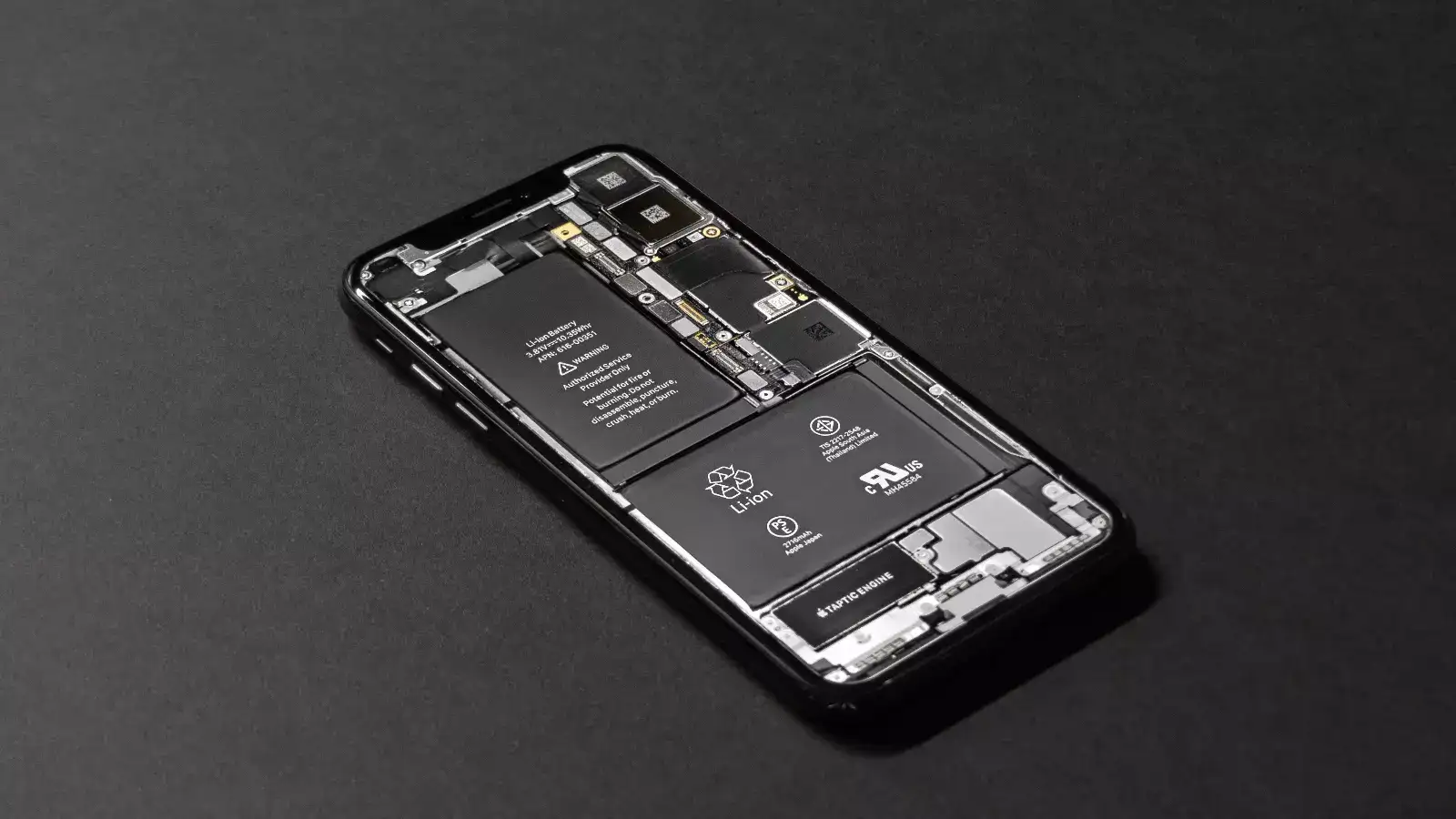The Future Of Smartphone Batteries: What's In Store?
In our increasingly digital world, smartphones have become an indispensable part of our lives. However, the limitations of current battery technology often leave us scrambling for charging outlets. The good news is that significant advancements in battery technology are on the horizon. In this article, we will explore the exciting future of smartphone battery technology, offering longer battery life, faster charging, and innovative features that will revolutionize our mobile experiences.
1. Solid-State Batteries :
One promising development is the emergence of solid-state batteries. Unlike traditional lithium-ion batteries, solid-state batteries use a solid electrolyte instead of a liquid one. This design makes them safer, more efficient, and capable of holding more charge. Solid-state batteries have the potential to provide significantly longer battery life for smartphones while also addressing safety concerns associated with current battery technologies.
2. Graphene Batteries :
Graphene, a single layer of carbon atoms arranged in a hexagonal lattice, has shown incredible promise in various fields, including battery technology. Graphene batteries have the potential to offer faster charging times and higher energy densities compared to traditional lithium-ion batteries. These batteries can be thinner, lighter, and more flexible, allowing smartphone manufacturers to design slimmer devices without compromising on battery life.
3. Lithium-Sulfur Batteries :
Lithium-sulfur (Li-S) batteries are another exciting advancement in battery technology. Li-S batteries have a higher energy density than lithium-ion batteries, which means they can store more energy in the same physical size. This translates into longer battery life for smartphones. Additionally, Li-S batteries are more environmentally friendly and less prone to thermal runaway, making them a safer option.
4. Self-Charging and Solar Technology:
Imagine a smartphone that charges itself without the need for external power sources. Self-charging technology is being explored, where the phone's components generate energy from the user's movements or ambient sources. Additionally, integrating solar technology into smartphone displays or backs could harness solar energy to supplement the battery's charge, increasing overall battery life.
5. Wireless and Fast Charging:
The future of smartphone batteries includes more efficient wireless charging capabilities. Advanced wireless charging technologies will allow smartphones to charge faster and at longer distances from the charging pad. This means no more fumbling with cables and adapters, as smartphones will be able to charge effortlessly throughout the day.
6. Biodegradable and Eco-Friendly Batteries:
With growing concerns about electronic waste, future battery technologies will focus on sustainability. Researchers are exploring biodegradable materials and eco-friendly manufacturing processes for batteries. These advancements will help reduce the environmental impact of smartphone batteries, making them more sustainable and easier to recycle.
Conclusion:
The future of smartphone battery technology holds tremendous promise for longer battery life, faster charging, and eco-friendly solutions. Solid-state batteries, graphene batteries, lithium-sulfur batteries, self-charging capabilities, wireless and fast charging, and sustainable materials are all set to transform the way we power our smartphones. As these technologies continue to evolve, we can look forward to smartphones that last longer, charge faster, and have a reduced impact on the environment. The future of smartphone batteries is bright, enabling us to enjoy our mobile devices without the constant worry of running out of power.

1. Solid-State Batteries :
One promising development is the emergence of solid-state batteries. Unlike traditional lithium-ion batteries, solid-state batteries use a solid electrolyte instead of a liquid one. This design makes them safer, more efficient, and capable of holding more charge. Solid-state batteries have the potential to provide significantly longer battery life for smartphones while also addressing safety concerns associated with current battery technologies.
2. Graphene Batteries :
Graphene, a single layer of carbon atoms arranged in a hexagonal lattice, has shown incredible promise in various fields, including battery technology. Graphene batteries have the potential to offer faster charging times and higher energy densities compared to traditional lithium-ion batteries. These batteries can be thinner, lighter, and more flexible, allowing smartphone manufacturers to design slimmer devices without compromising on battery life.
3. Lithium-Sulfur Batteries :
Lithium-sulfur (Li-S) batteries are another exciting advancement in battery technology. Li-S batteries have a higher energy density than lithium-ion batteries, which means they can store more energy in the same physical size. This translates into longer battery life for smartphones. Additionally, Li-S batteries are more environmentally friendly and less prone to thermal runaway, making them a safer option.
4. Self-Charging and Solar Technology:
Imagine a smartphone that charges itself without the need for external power sources. Self-charging technology is being explored, where the phone's components generate energy from the user's movements or ambient sources. Additionally, integrating solar technology into smartphone displays or backs could harness solar energy to supplement the battery's charge, increasing overall battery life.
5. Wireless and Fast Charging:
The future of smartphone batteries includes more efficient wireless charging capabilities. Advanced wireless charging technologies will allow smartphones to charge faster and at longer distances from the charging pad. This means no more fumbling with cables and adapters, as smartphones will be able to charge effortlessly throughout the day.
6. Biodegradable and Eco-Friendly Batteries:
With growing concerns about electronic waste, future battery technologies will focus on sustainability. Researchers are exploring biodegradable materials and eco-friendly manufacturing processes for batteries. These advancements will help reduce the environmental impact of smartphone batteries, making them more sustainable and easier to recycle.
Conclusion:
The future of smartphone battery technology holds tremendous promise for longer battery life, faster charging, and eco-friendly solutions. Solid-state batteries, graphene batteries, lithium-sulfur batteries, self-charging capabilities, wireless and fast charging, and sustainable materials are all set to transform the way we power our smartphones. As these technologies continue to evolve, we can look forward to smartphones that last longer, charge faster, and have a reduced impact on the environment. The future of smartphone batteries is bright, enabling us to enjoy our mobile devices without the constant worry of running out of power.
Next Story